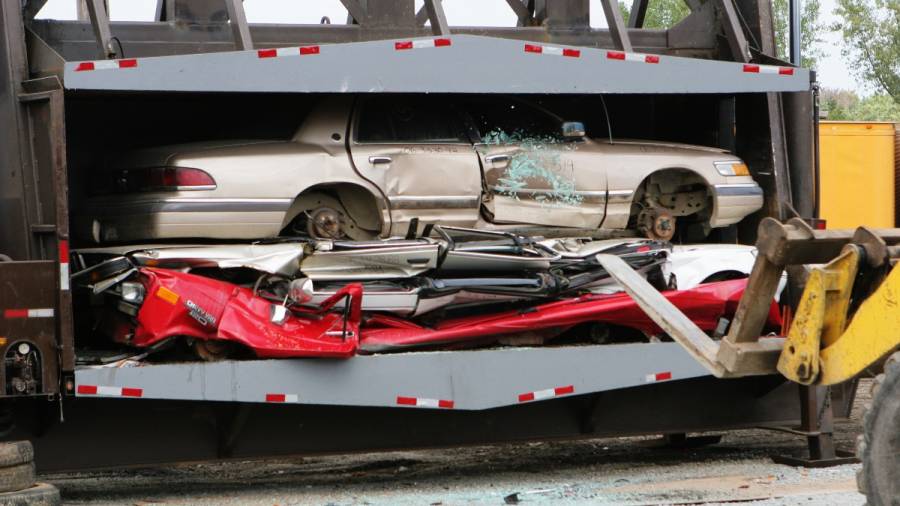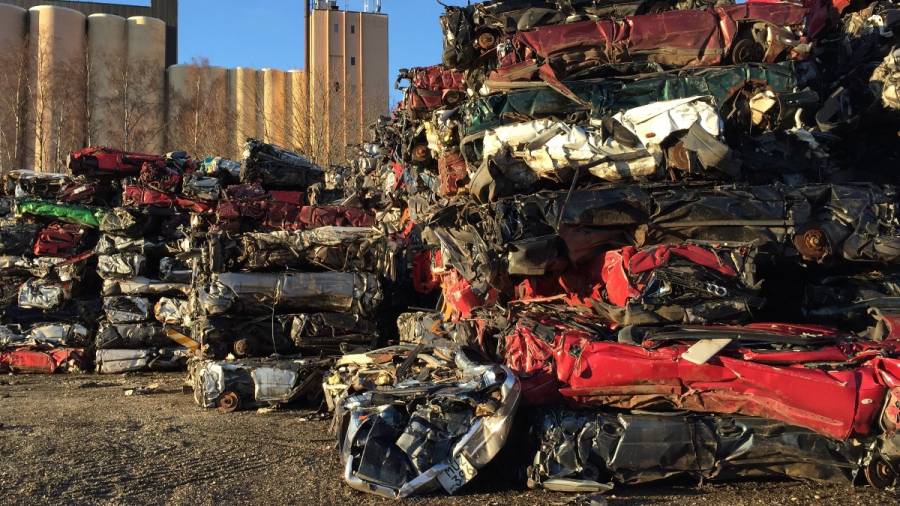National Automobile Scrappage Policy: Everything you need to know
The government of India has announced a new National Automobile Scrappage Policy. This fulfils a long-standing demand from the auto industry for one such policy and comes after the MoRTH approved the proposed vehicle scrappage policy earlier this and the proposed policy being presented for the first time during the Union Budget 2021. This policy is expected to spur sales of vehicles, especially more eco-friendly ones, leading to reduced pollution. This aside from propagating EV take-up and reducing fuel import costs for the government.
National Automobile Scrappage Policy: Salient points
Under its Voluntary Vehicle-Fleet Modernisation programme (VVMP), the government plans to set up between 450-500 automated vehicle fitness testing stations across India on a public-private partnership (PPP) basis involving private firms and state governments. A total of 60-70 vehicle scrapping centres will also be built, with Gadkari mentioning they will be situated no further than 150-200 kilometres away from any location in India. A total of seven agencies including Tata Motors have signed a Memorandum of Understanding (MoU) with the government today for this project. Tata Motors' vehicle scrapping centre will be set up in Gujarat, will scrap both passenger and commercial vehicles and will have the capacity to recycle up to 36,000 vehicles a year.

The scrappage policy leaves the choice of scrapping to the owner of the vehicle, with Gadkari saying the automated tests will place emphasis on vehicle fitness, and not its age. Private vehicles which are over 20 years old will have to undergo fitness tests, at an estimated cost of Rs 300-400 per test. Vehicles that pass the automated tests will be subjected to a 'green tax', which will see owners shell out an additional 10 percent to 25 percent of road tax at the time of the renewal of the vehicle's fitness certificate, along with re-registration fees. However, those who choose to drive a vehicle that has failed the automated test will face substantial penalties, and such vehicles could also be impounded.
National Automobile Scrappage Policy: Date of implementation
The implementation of the vehicle scrappage policy in India is still some time away. Initially, it will be heavy commercial vehicles that will need to undergo fitness tests starting 1 April, 2023, while fitness tests will be made mandatory for all other types of vehicles from 1 June, 2024, in a phased manner.
National Automobile Scrappage Policy: Benefits for vehicle owners
Once the vehicle has been scrapped, the owner will receive anywhere between four to six percent of their old vehicle's ex-showroom price, and a scrappage certificate, which will make the individual eligible for a road tax rebate of 25 percent, a registration fee waiver and a discount of five per cent of a new vehicle's ex-showroom cost, offered by the vehicle manufacturer. This will essentially make a new vehicle cheaper for someone who has scrapped their old vehicle, with potential discounts in the range of Rs 30,000 (for a car costing Rs 6 lakh) to Rs 50,000 (for a car costing Rs 10 lakh).

Over a period of time, the government estimates scrapping an old vehicle and replacing it with a new one will bring substantial monetary benefits for motorists, in addition to reducing emissions and enhancing fuel efficiency. Road Transport and Highways Secretary Giridhar Aramane said initial estimates suggest an owner of an old compact sedan may enjoy benefits of up to Rs 1.15 lakh over a three-year period by scrapping their vehicle and buying a new one, including direct concessions as well as savings from lower fuel and maintenance costs.
National Automobile Scrappage Policy: Further advantages
The National Automobile Scrappage Policy will attract investment of over Rs 10,000 crore, and generate 50,000 jobs in the country. Gadkari explained the proper recycling of raw materials obtained from the scrapping will help reduce import of materials such as aluminium, copper, steel and more. With the potential to recycle up to 99 percent of materials used in a vehicle, raw material costs are estimated to drop by as much as 40 percent. This will make components cheaper for vehicle manufacturers, and will also lead to increased GST revenues of Rs 30,000-40,000 crore for both state and central governments.













